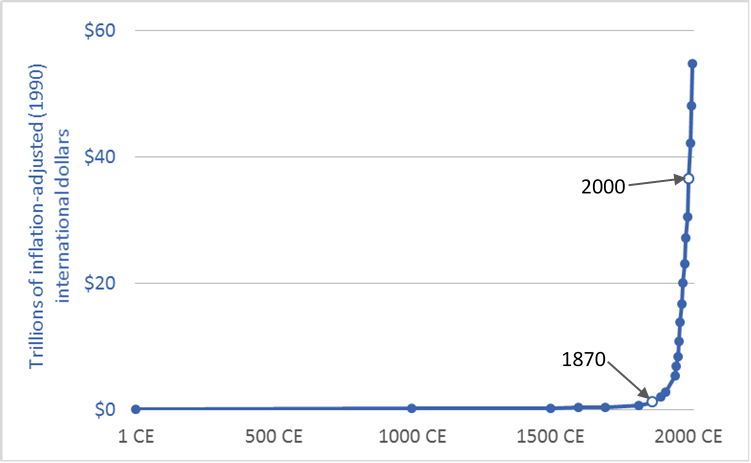
Here, violence should be understood as not only the intent to cause physical harm, but also the more structural intent to dominate others through control or force. Pinker implicitly rationalizes historical colonial violence and ecological destruction as invariable consequences of advancements towards greater emancipation as human beings. We need to counter Pinker’s view with a broader understanding of what our relationship to nature and to each other has been within the context of Western “progress.” Rationalizing colonial violence in the name of “progress” As a postdoctoral scholar of critical socio-ecological theory, I feel it is important to counter the data offered in Enlightenment Now, which aims to demonstrate how our world is less violent, less environmentally destructive and less poor than ever before. I believe Pinker’s mechanical understanding of environmental problems in the age of climate change and massive species loss to be irresponsible. However, few have explored Pinker’s implicit defence of empire and colonialism: the violent exploits in the name of Eurocentric understandings of “progress.”

Recent critiques have been made of Pinker’s latest work. Université du Québec en Outaouais (UQO) provides funding as a member of The Conversation CA. Université du Québec en Outaouais (UQO) provides funding as a founding partner of The Conversation CA-FR.


We also confront and challenge all forms of oppression that exist within South Asian diasporic communities.

Garam Masala is a Montréal-based group who share progressive politics: anti-caste, anti-colonial, feminist, in support of Indigenous and adivasi self-determination, against all forms of oppression including sexism, homophobia ableism, and racism, including Islamophobia and anti-Semitism support for progressive secular social justice movements on the subcontinent, and here in North America. Vijay Kolinjivadi is also affiliated with Groupe d'Action Révolutionnaire sud-Asiatique de Montréal / Montreal Alliance for South Asian Leftists and Allies (GARAM MASALA). Postdoctoral researcher, Université du Québec en Outaouais (UQO)


 0 kommentar(er)
0 kommentar(er)
